- Potentially Treatable Condition
- Skin
- Irritation / Inflammation
- HOME
- ABOUT
- RESEARCH
- INSIGHTS & HAPPENINGS
- JOIN US
- CONTACT US
-

Skin irritation/ inflammation is a hint of our immune system may be responding to an infection, an issue, or an allergic reaction if the skin becomes inflamed or irritated.
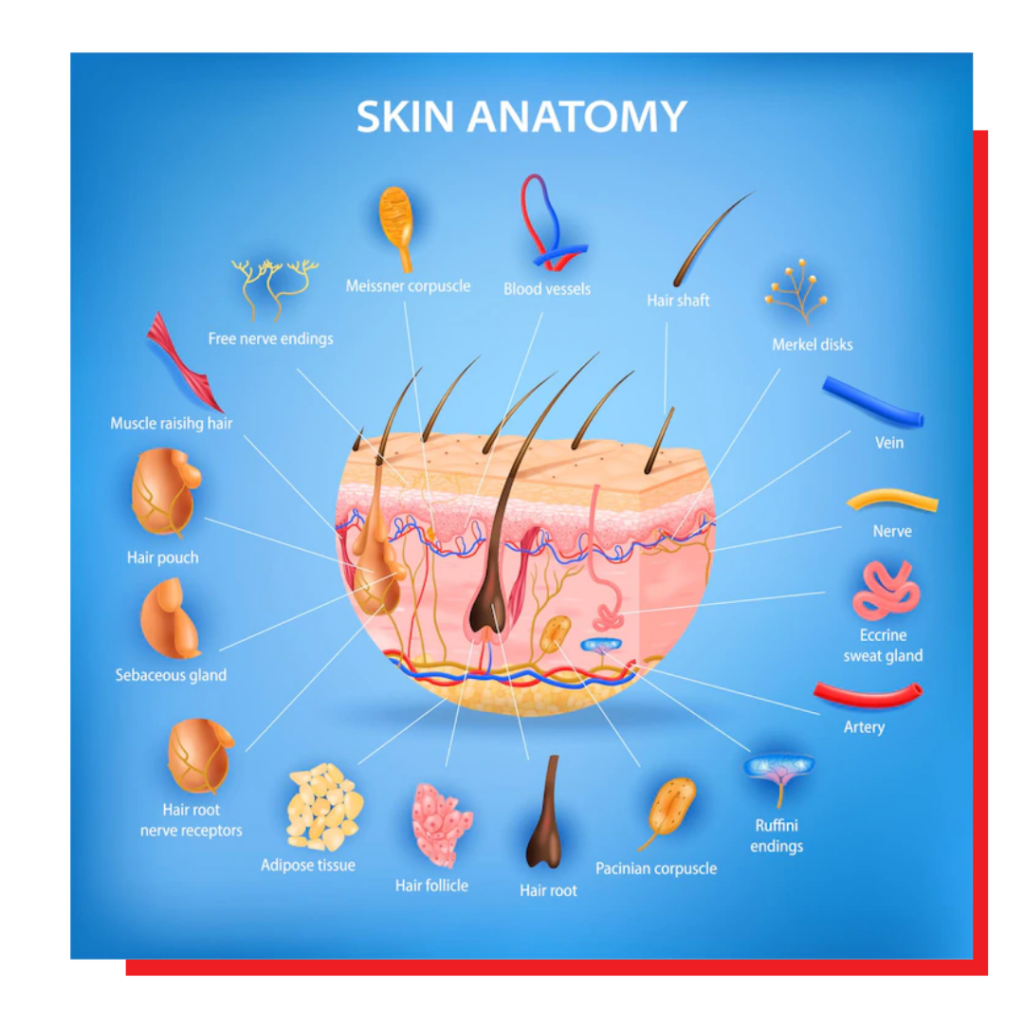
Skin inflammation is a sign of an immune response. Symptoms include redness, heat, swelling, pain, and itching. Rash, hives, plaques, or blisters may also occur. The cause or trigger of skin inflammation may be acute, such as an allergy or a bacterial, viral, or fungal infection, or chronic, such as an autoimmune disease like psoriasis.
Any part of your body’s skin that is inflamed or swollen is a rash. Rashes can appear differently on people with varying skin tones and are frequently unpleasant and painful. On darker skin tones, they may seem purple, grey, or white even though they are frequently described as red.
Acute skin inflammation
Acute skin inflammation can be caused by a number of skin conditions, including sunburns, acne, and allergic reactions. It typically lasts six weeks or less
Chronic skin inflammation
In rare circumstances, chronic inflammation may persist for more than six weeks. It frequently coexists with psoriasis and eczema, two conditions that commonly generate recurrent flare-ups that do not typically go away soon
Depending on what caused the irritation, the rash may look different:
Chemical exposure
Some occurrences of irritated skin are thought to be brought on by contact with chemicals and other comparable irritants (irritant contact dermatitis). For instance, exposure to fluoride in toothpaste or water can result in perioral dermatitis, a skin inflammatory disorder that manifests as a face rash around the mout
Infection
A wound or injury
In addition to causing redness and swelling at the injury site, burns, surgical wounds, and scrapes of any kind can also do so. As a result, the immune system launches an inflammatory reaction to aid in the repair of injured tissues
Immune system dysfunction
Your immune cells may unintentionally target the body’s healthy cells if there is any sort of immune system failure. It is best shown by the condition known as psoriasis, in which the body’s immune system overreacts and speeds up the synthesis of skin cells, resulting in the development of red, patchy skin lesions
Photosensitivity
A photosensitive reaction is typically brought on by prolonged exposure to sunlight while taking specific medications, such as certain antibiotics and diuretics. Additionally, exposure to sunlight can result in a rash or skin irritation, particularly in people with autoimmune diseases like lupus. Even after only a small amount of UV radiation exposure, such photosensitive skin becomes red, burnt, and irritated
Home remedies:
Topical remedies:
Medications taken orally:
Only with a doctor’s prescription may one take oral drugs for skin inflammation. In the event that an allergic response results in inflamed, red skin, generic antihistamines are prescribed. On the other hand, bacterial infections are treated with oral antibiotics and antifungal pills.
Regardless of the form of therapy you select, it’s critical to keep in mind that there is no cure for dermatitis or skin irritation. All of the aforementioned treatments only provide you with variable degrees of efficacy in symptom management. It is advised to discuss the best course of action for your particular illness with your healthcare professional.
CelltiX is a type of extracellular vesicle from Umbilical Cord-Derived Mesenchymal Stem Cells (MSCs) manufactured in a cGMP-compliant facility.
It is a novel form of a major paracrine factor released by MSCs into a culture medium, which plays an important role in a wide range of biological processes.
CelltiMax is a product derived from human umbilical cord-derived Mesenchymal Stem Cells (MSCs). The cells are cultured, then administered to the patient via intramuscular or intravenous injection. They have the ability to differentiate into specialized cells with specific functions for various parts of the body, and can reduce inflammation, repair, renew, regenerate, and replace damaged cells.
Promote neovascularization and cell proliferation
Preventing inflammatory cell infiltration
Reducing inflammation in skin damage lesions
Encouraging Treg transformation
Help to produce collagen and elastic fibres in the skin
Lessen issue damage
Prevent the activation of metalloproteinases
Encouraging angiogenesis
Encourage defence against senescence brought on by UV radiation
Deposition and synthesis of collagen
If you feel we might be able to offer meaningful improvement to both your condition and your quality of life, then please reach out to schedule a free consultation with one of our in-house clinical experts. We offer consultations in both Malay and English.





Review your medical history & recent evaluations
Explore what your treatment package might look like
Answer any questions you have about us
Answer any questions you have about the therapies
Discuss practical next steps,
if you feel we can effectively treat you
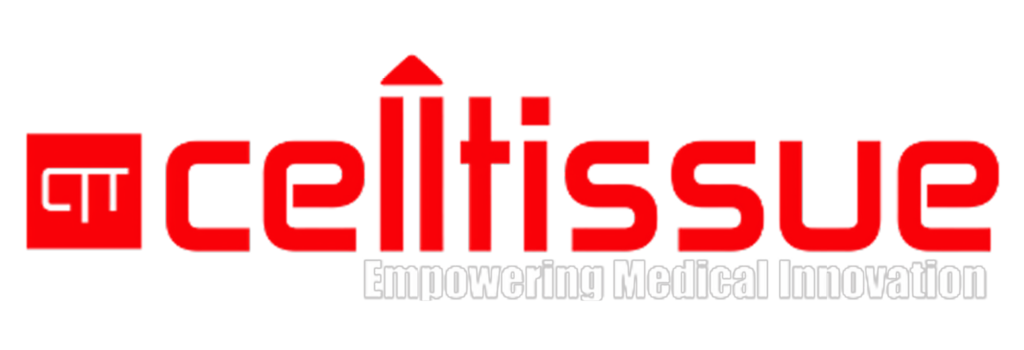
Founded in 2010, Cell Tissue Group is a pioneering Malaysian medical technology company and a spin-off from the National University of Malaysia (UKM). As Malaysia’s first Tissue Engineering firm, Cell Tissue Group operates within a certified GMP Lab, ensuring the highest standards of medical research and product development, particularly in Tissue Engineering and Regenerative Medicine.


Founded in 2010, Cell Tissue Group is a pioneering Malaysian medical technology company and a spin-off from the National University of Malaysia (UKM). As Malaysia’s first Tissue Engineering firm, Cell Tissue Group operates within a certified cGMP laboratory, ensuring the highest standards of medical research and product development, particularly in Tissue Engineering and Regenerative Medicine.
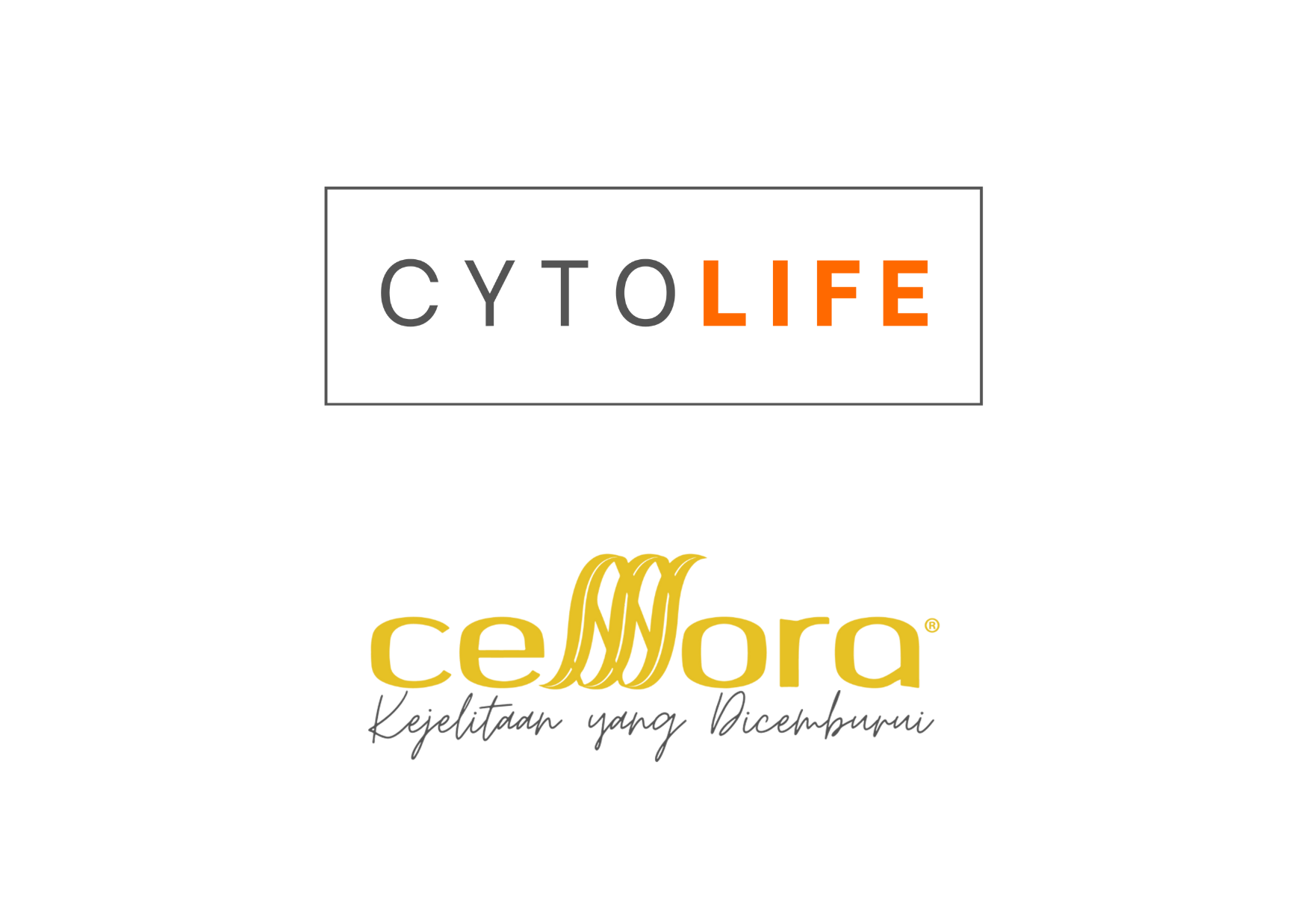
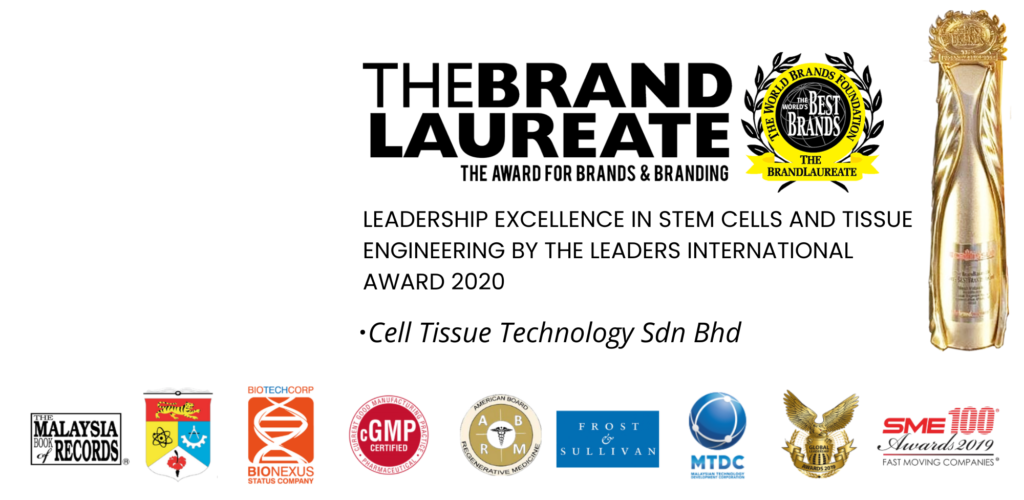
Proudly powered by CTG © 2010-2026 Cell Tissue Group, a Universiti Kebangsaan Malaysia Spin-Off Company. – All Rights Reserved.